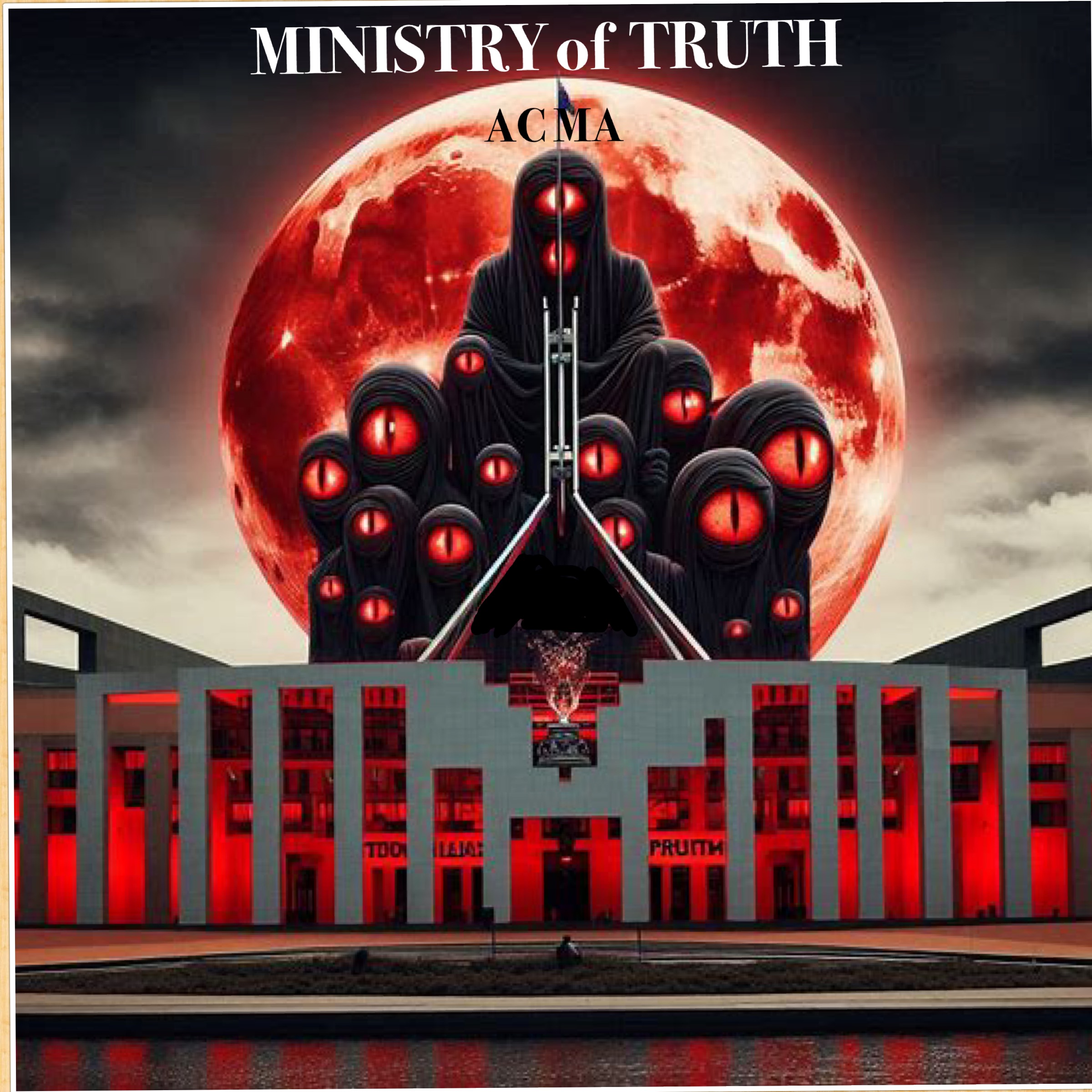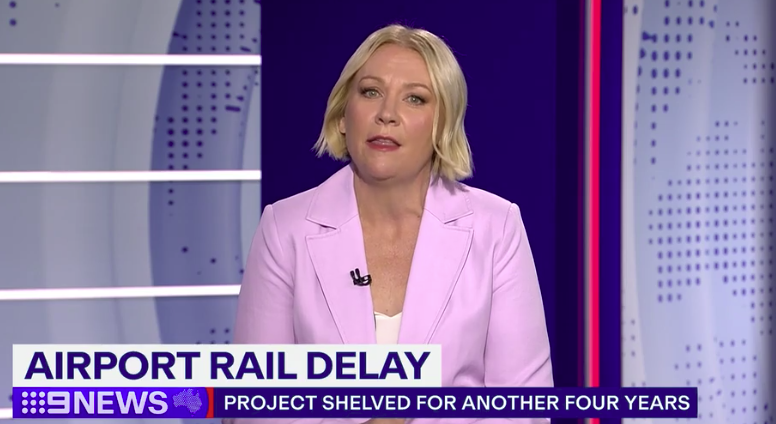A staunch advocate for Aboriginal land and water rights says Victoria’s cultural heritage laws have been “hijacked” by individuals who use “standover tactics’’ to funnel money into some Aboriginal corporations.
Binjali-Ngarket-Ngintait man Darren Perry helped the state government draft cultural heritage laws in the early 2000s, but says in the decades since they have increasingly become exploited by “gangster-like” figures who are tarnishing their predecessors’ work for financial gain.
Mr Perry has accused some Aboriginal corporations of extorting developers, farmers and the government, contributing to soaring house prices and crippling construction.
He is calling for a parliamentary inquiry to investigate loopholes in the laws and governance issues in Aboriginal corporations.

Binjali-Ngarket-Ngintait man Darren Perry helped the Victorian government draft cultural heritage laws in the early 2000s. Picture: Rob Leeson
Mr Perry, who was involved in consultations during the creation of the Cultural Heritage Act 2006, said the legislation must protect Aboriginal land rights but should not be used as a “gravy train” to line individuals’ pockets.
“The Act was not meant to extort money out of developers,” he said.
“This is extortion. I know what standover tactics are, and that’s what’s going on.”
His calls come after the Herald Sun revealed developers faced delays of more than a year at the cost of millions of dollars due to legally mandated cultural heritage requirements.
The delays have been flagged as a roadblock to the Allan government’s ambitious plan to build 800,000 homes over the next decade.
But Premier Jacinta Allan is refusing to consider a review of cultural heritage laws, saying Registered Aboriginal Parties (RAPs) were one of many third-party agencies developers needed to get approvals from and should not be “singled out”.

Jacinta Allan is refusing to consider a review of cultural heritage laws. Picture: David Crosling
Mr Perry, the former chairman of the First People of the Millewa Mallee Aboriginal Corporation in northern Victoria, warned the laws were also causing issues on government projects, including the Murray-Darling Basin Plan.
Projects on culturally sensitive land – which are mostly within 200m of waterways – require a cultural heritage management plan that must be ticked off by the local RAPs.
Mr Perry raised allegations of criminals cottoning on to the money-making laws, saying they had linked up with some Indigenous families to game the system.
“It’s a cartel. We have black gangsters, too,” Mr Perry said.

There are fears the Cultural Heritage Act 2006 is being used as a ‘gravy train’ to line individuals’ pockets. Picture: Getty
“They’ve realised this is where the money is.
“And if you are in Melbourne or Geelong where there is a lot of development going on, they generate a lot of money.”
Some of the 11 RAPs charge up to $2200 for cultural heritage meetings and about $1300 per representative each day to undertake surveys, assist with salvage and monitor sites.
Mr Perry questioned whether the ballooning pool of funds at some Aboriginal corporations filtered back to Indigenous communities.

Darren Perry questioned whether the ballooning pool of funds at some Aboriginal corporations filtered back to Indigenous communities. Picture: Rob Leeson
“A good measure of how wealth is being distributed is whether Aboriginal kids are in school, whether they have food on the table?” he said.
“All this money and we’re still failing at the grassroots.
First Nations Assembly co-chairman Reuben Berg also backed adjustments to the law but argued Indigenous groups should have more power. He said greater resources for RAPs would enable them to be more responsive and reduce delays. Wurundjeri elder Allan Wandin said the growth in revenue from cultural heritage management was a “direct result of the rapid growth of construction projects post-Covid”.
He said developers and builders should be subject to scrutiny and inquiries “for destroying Victoria’s invaluable cultural heritage in the name of profit”.
Source: Heraldsun


